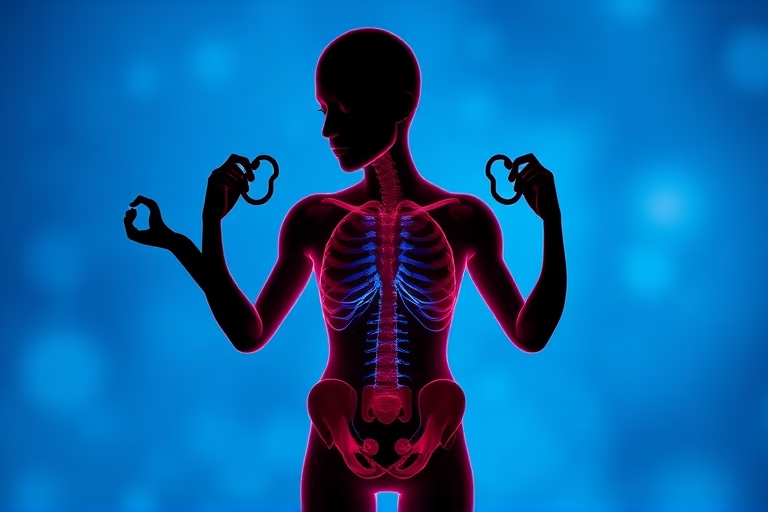In this article, we will be talking about IVF stims side effects, outlining the impact of ovarian stimulation medications used in In Vitro Fertilization (IVF) treatments. Ovarian stimulation is a critical aspect of the IVF process, where hormones are administered to encourage the ovaries to produce multiple eggs in a single cycle. While many women undergo this treatment successfully, there can be side effects associated with the use of these stimulation drugs. Understanding the side effects can help patients make informed decisions about their reproductive health and work closely with their healthcare providers to manage any issues that may arise.
This discussion will not only define what IVF stimulation is but also explore the various side effects that may occur, grouped into several subtopics for clarity and better understanding. Each subtopic related to IVF stims side effects will be thoroughly explained to provide a comprehensive overview for those considering or undergoing IVF.
Understanding IVF Stimulation
IVF stimulation refers to the use of medications that target a woman’s ovaries, prompting them to produce several eggs instead of the single egg that typically matures in a natural menstrual cycle. The medications, often gonadotropins and hormones such as FSH and LH, play a crucial role in facilitating this process, ensuring that enough eggs are retrieved for successful fertilization. The goal of stimulation is to increase the chances of pregnancy by maximizing the number of viable eggs available for fertilization and implantation.
By being aware of the medications involved, women undergoing IVF can better anticipate potential side effects and follow their doctor’s guidance for monitoring and support throughout the process.
Common Side Effects of IVF Stimulation
The side effects of IVF stims can vary significantly among women but can include a range of physical sensations and emotional changes. Common reactions often reported include:
These side effects generally stem from the hormonal fluctuations induced by the stimulation medications. While some women may experience mild symptoms that resolve quickly, others may have more severe reactions requiring medical intervention.
Ovarian Hyperstimulation Syndrome (OHSS)
One of the more serious side effects associated with IVF stimulation is Ovarian Hyperstimulation Syndrome (OHSS). This condition occurs when the ovaries become overly stimulated, leading to enlarged ovaries and fluid accumulation in the abdomen. Symptoms of OHSS can be severe and include:
OHSS can develop shortly after starting stimulation medication, which is why monitoring by healthcare professionals is crucial. In severe cases, hospitalization may be required to manage symptoms and prevent complications. Understanding the signs and maintaining open communication with medical providers is essential for those undergoing IVF.
Emotional and Psychological Effects
In addition to physical side effects, patients may also experience psychological challenges as a result of IVF stimulation. The pressure of managing treatment, anticipation of pregnancy, hormonal changes, and the stress of potential failure can lead to:
It’s vital for patients to address these psychological effects seriously. Support from healthcare providers, counseling, or support groups can be beneficial in navigating these emotional ups and downs.
Managing Side Effects
Women undergoing IVF stimulation can take proactive steps to manage and minimize side effects. Strategies may include:
Individual approaches to managing side effects will vary, and what works for one person may not work for another. Regular check-ins with health professionals are important to tailor strategies to better suit individual needs.
Long-Term Health Considerations
While most side effects associated with IVF medication resolve after the completion of the cycle, there may be lingering health considerations. Understanding potential long-term effects of ovarian stimulation can provide insights and allow patients to take informed actions concerning their health. Potential long-term concerns may include:
Patients should remain in dialogue with their healthcare teams about any long-term health concerns that may arise. Regular follow-ups and screenings can help ensure lasting reproductive health.
Final Thoughts
Understanding the side effects of IVF stimulation medications is vital for women considering or undergoing this fertility treatment. Awareness of the common side effects, the seriousness of conditions like OHSS, and the emotional impact can empower women to engage actively in their treatment process. It is essential to recognize that every woman’s experience with IVF stimulation is unique, leading to a variety of physical and psychological responses to the medications used.
Managing side effects through lifestyle changes, proactive communication with healthcare providers, and accessing emotional support can significantly enhance the IVF experience. In conclusion, being informed and prepared for the side effects of IVF stims can lead to better outcomes and increase the likelihood of achieving the desired goal of pregnancy.
Frequently Asked Questions
- What are the common side effects of IVF stimulation?
Common side effects include abdominal bloating, mood swings, headaches, and cramps. Most symptoms are mild but may vary in severity. - What is Ovarian Hyperstimulation Syndrome (OHSS)?
OHSS is a serious condition caused by excessive stimulation of the ovaries, leading to symptoms such as weight gain, abdominal pain, and nausea. - How can I manage the side effects of IVF stimulation?
Standard strategies include staying hydrated, using heat pads, practicing relaxation techniques, and discussing symptoms with healthcare providers. - What long-term effects can IVF stimulation have?
While short-term effects usually resolve, some women may experience long-term health concerns related to reproductive health and potential increased cancer risks. - How can I prepare emotionally for the IVF stimulation process?
Engaging in support groups, seeking counseling, and maintaining open communication with your partner and healthcare team can help manage emotional stress.
Further Reading
What Type of Psychotherapy Is Best for Anxiety?






